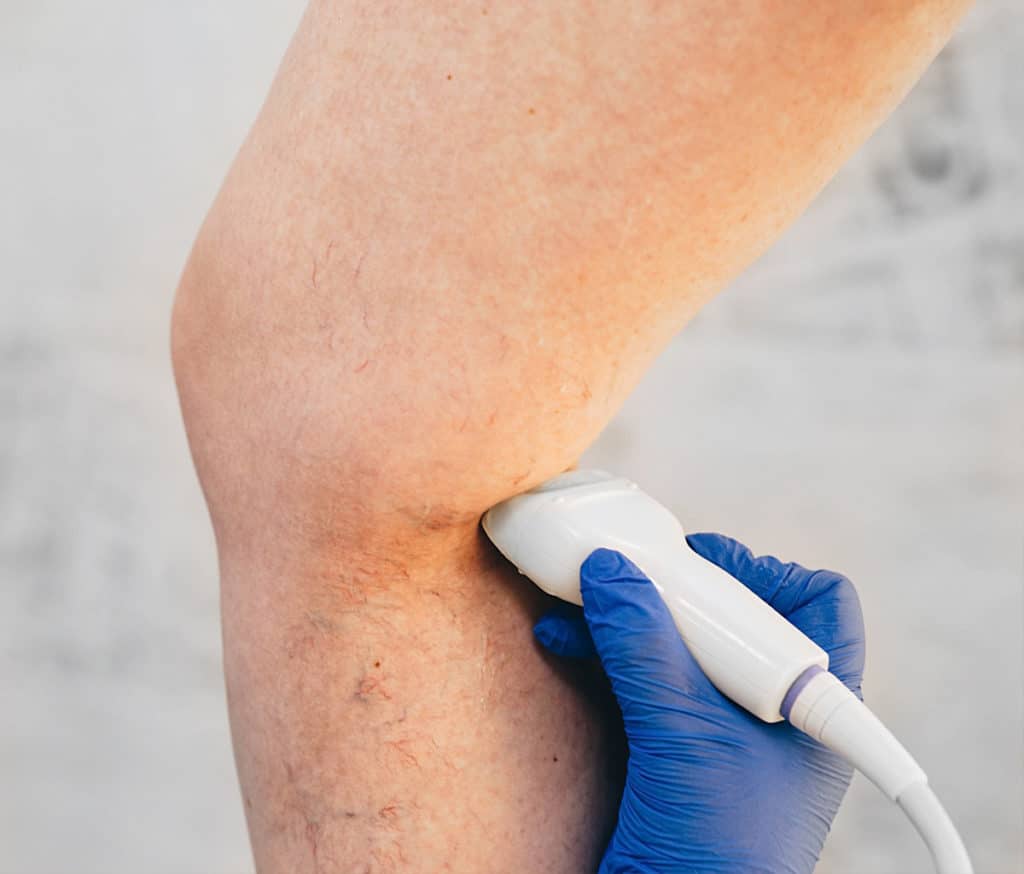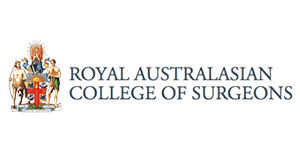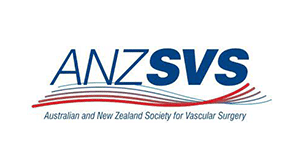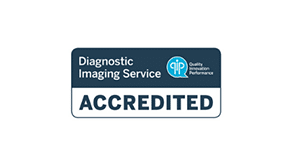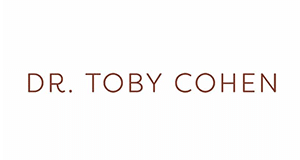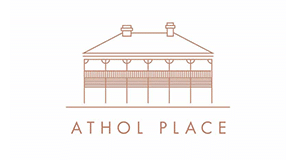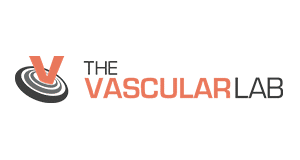Varicose veins
What are varicose veins?
Varicose veins are the larger bulging veins that can clearly be seen on the surface of the skin. While they are commonly found in the legs, they can also present on other areas of the body. For most, the treatment of varicose veins will be for cosmetic reasons; however, for some people it will be due to aching, pain, swelling, eczema, or ulcers.
Why do they occur?
Varicose veins occur in around 25% of the population. They are caused by unhealthy vales inside the veins preventing the normal flow of blood back towards the heart. This results in blood pooling in the veins, causing them to enlarge and distort.
Varicose veins are commonly hereditary, meaning that if your parents or grandparents have them, it is likely you will develop them as well. They are also more prevalent in pregnant women due to the enlarging uterus pushing down on major blood vessels in the pelvis. Another contributing factor to varicose veins during pregnancy is that pregnancy hormones allow blood vessels to become more dilated, and therefore less resistant to blood flow.
Other factors increasing your risk of developing varicose veins include:
- Age
- Gender
- Obesity
- Standing or sitting for long periods of time.
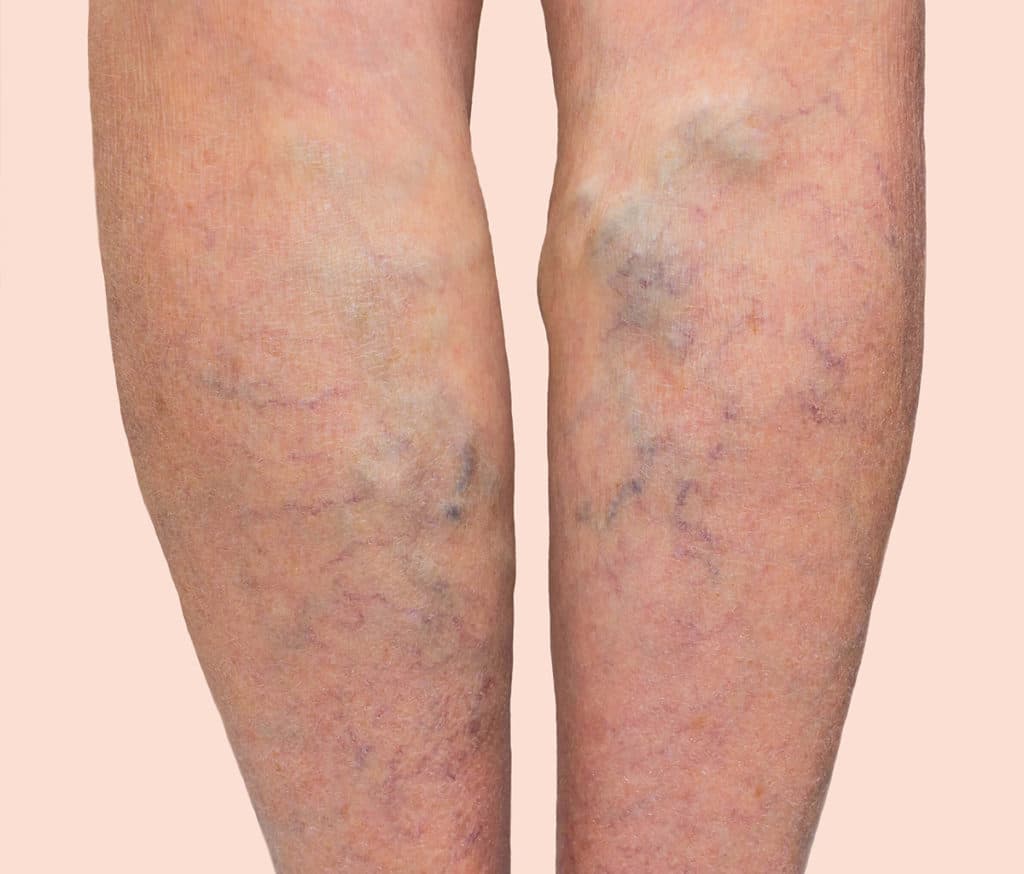
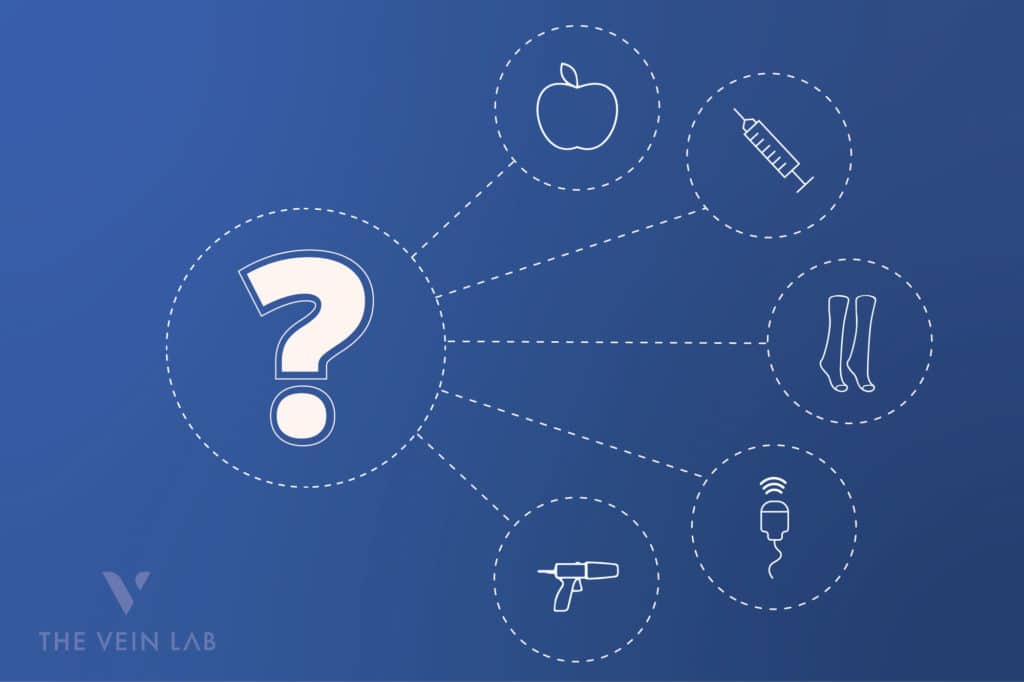
How are they treated?
The treatment of varicose veins will be largely dependent on your personal physiology and symptoms, as well as their physical presence. It is for this reason Doctor Cohen will meet with you one-on-one to discuss the best approach to suit your needs.
Some of the treatment options include:
- Changes to lifestyle, compression stockings
- Surface laser therapy
- Radiofrequency ablation
- Injection sclerotherapy
- VenaSeal glue.
What is the treatment process?
Before deciding upon a treatment plan, Doctor Cohen will take some time to understand your personal history, while also looking at how your underlying veins are functioning. This will be done using a specialist vascular ultrasound called a venous incompetence scan.
Once a treatment plan has been agreed, and it has been decided surgery is required, you will be admitted to hospital on the day of surgery. For more detail regarding the pre-operative process, click here.
Once you have been admitted, you will be given a general anaesthetic. The procedure will take around 35 minutes to an hour. In most cases, you will be able to go home two to three hours after the procedure; however, for the more complex cases, you may be asked to spend the night in hospital.
For more information about the process of surgery for varicose veins, click here.
